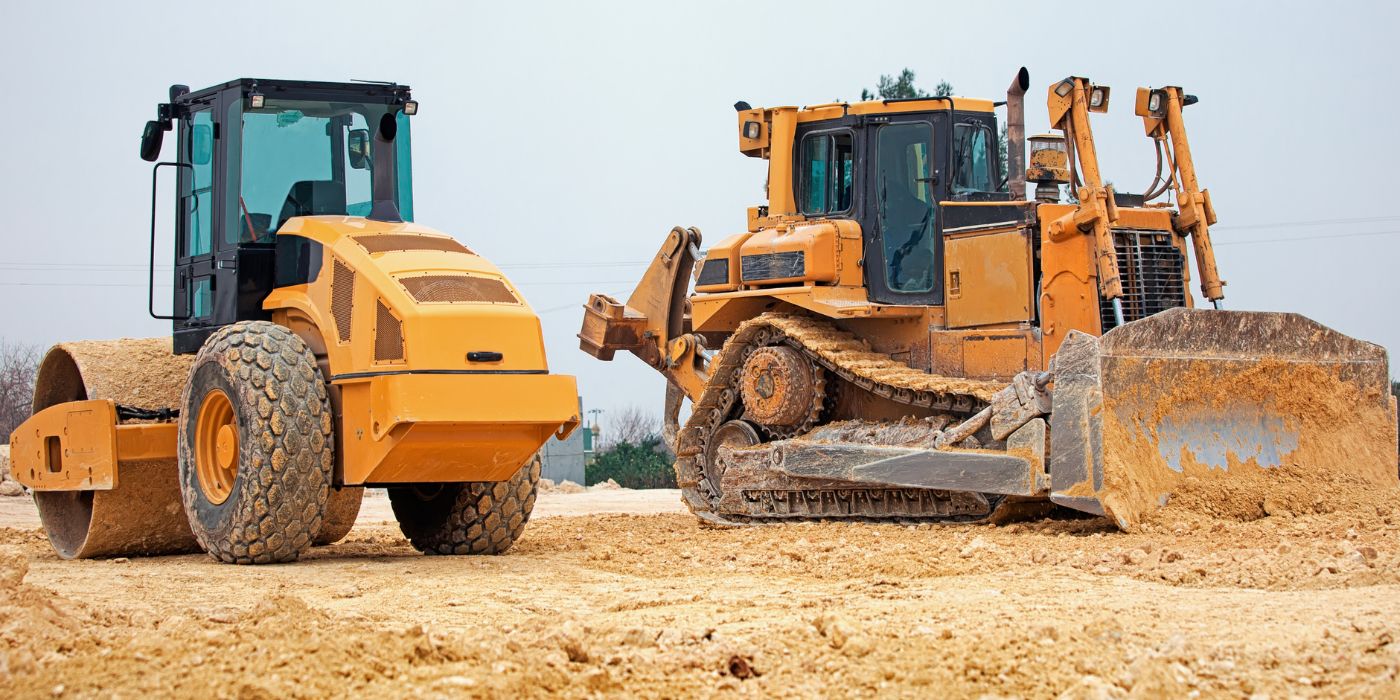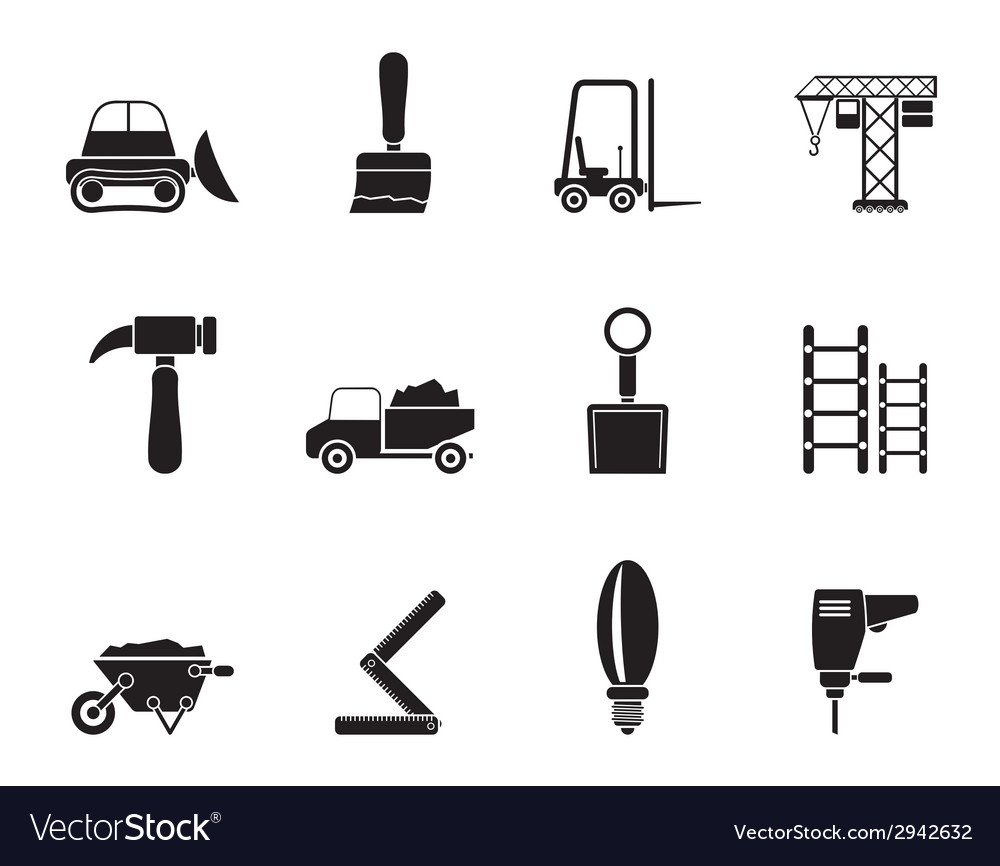Rental Company in Tuscaloosa, AL: Top-Quality Equipment for each Task
Wiki Article
Discovering the Financial Advantages of Leasing Building Equipment Contrasted to Owning It Long-Term
The choice in between leasing and possessing building devices is crucial for financial administration in the market. Renting offers prompt price financial savings and functional versatility, allowing firms to assign resources a lot more effectively. In contrast, possession comes with considerable long-term economic commitments, consisting of maintenance and depreciation. As specialists evaluate these options, the effect on cash flow, project timelines, and modern technology gain access to becomes increasingly considerable. Recognizing these subtleties is essential, particularly when taking into consideration how they align with particular project needs and economic methods. What aspects should be prioritized to guarantee ideal decision-making in this complex landscape?
Cost Contrast: Renting Vs. Owning
When reviewing the monetary ramifications of renting out versus possessing construction equipment, a complete cost comparison is vital for making informed choices. The selection in between possessing and renting out can substantially influence a firm's bottom line, and comprehending the linked costs is critical.Renting building equipment usually includes reduced upfront prices, permitting businesses to designate resources to various other operational needs. Rental arrangements commonly include versatile terms, allowing companies to access progressed machinery without long-lasting commitments. This adaptability can be particularly useful for temporary projects or varying workloads. Nonetheless, rental costs can gather in time, potentially going beyond the expense of possession if devices is needed for a prolonged period.
Alternatively, having building and construction devices needs a considerable first investment, along with ongoing prices such as depreciation, financing, and insurance policy. While ownership can bring about lasting cost savings, it likewise ties up funding and may not supply the exact same level of flexibility as leasing. Additionally, owning equipment requires a commitment to its use, which might not always straighten with project needs.
Ultimately, the decision to rent out or have must be based upon an extensive analysis of particular job needs, monetary ability, and long-term calculated goals.

Upkeep Responsibilities and costs
The selection between owning and leasing construction tools not just involves economic factors to consider but also includes ongoing maintenance expenses and duties. Possessing devices needs a considerable commitment to its upkeep, that includes routine inspections, repair work, and possible upgrades. These responsibilities can rapidly collect, leading to unforeseen expenses that can strain a budget.On the other hand, when renting equipment, upkeep is generally the responsibility of the rental firm. This plan permits professionals to stay clear of the financial worry connected with wear and tear, along with the logistical obstacles of organizing fixings. Rental agreements commonly include provisions for maintenance, meaning that professionals can concentrate on completing projects as opposed to stressing over tools condition.
Furthermore, the diverse array of devices readily available for lease enables companies to pick the most up to date designs with sophisticated technology, which can boost effectiveness and efficiency - scissor lift rental in Tuscaloosa, AL. By going with rentals, organizations can avoid the lasting obligation of equipment depreciation and the associated maintenance headaches. Ultimately, reviewing maintenance expenditures and responsibilities is crucial for making an informed choice about whether to have or rent building and construction tools, substantially impacting total project expenses and operational effectiveness

Depreciation Influence on Possession

A substantial element to think about in the choice to have building equipment is the effect of devaluation on total possession expenses. Devaluation stands for the decrease in worth of the tools in time, affected by elements such as usage, deterioration, and advancements in modern technology. As equipment ages, its market price diminishes, which can dramatically impact the proprietor's monetary position when it comes time to sell or trade the equipment.
For building and construction business, this devaluation can equate to significant losses if the equipment is not made use of to its maximum potential or if it ends up being obsolete. Proprietors have to make up depreciation in their monetary projections, which can cause greater overall expenses compared to renting. Furthermore, the tax obligation ramifications of devaluation can be complex; while it might provide some tax benefits, these are usually balanced out by the fact of reduced resale value.
Ultimately, the worry of devaluation highlights the significance of understanding the lasting monetary commitment associated with having construction devices. Business have to very carefully evaluate exactly how frequently they will certainly make use of the devices and the potential monetary influence of devaluation to make an educated choice about ownership versus leasing.
Monetary Adaptability of Renting Out
Leasing building and construction devices uses considerable financial adaptability, allowing companies to allot sources extra efficiently. This adaptability is specifically essential in a market characterized by fluctuating job demands and varying work. By deciding to rent out, organizations can prevent the considerable funding outlay required for purchasing equipment, protecting capital for various other operational requirements.In addition, renting tools enables business to customize their devices choices to particular project requirements without the long-lasting dedication connected with ownership. This implies that organizations can quickly scale their tools stock up or down based heavy duty stump grinder rental upon anticipated and present job needs. As a result, this flexibility decreases the danger of over-investment in machinery that might come to be underutilized or out-of-date gradually.
An additional economic advantage of renting is the possibility for tax obligation advantages. Rental repayments are typically thought about general expenses, enabling for immediate tax obligation go to this web-site deductions, unlike depreciation on owned equipment, which is topped several years. scissor lift rental in Tuscaloosa, AL. This prompt expense recognition can further improve a firm's cash money placement
Long-Term Task Considerations
When assessing the lasting demands of a construction business, the choice between renting and having equipment comes to be a lot more complex. For projects with extended timelines, purchasing devices might appear beneficial due to the capacity for lower total prices.Furthermore, technological improvements pose a considerable factor to consider. The building and construction market is progressing quickly, with brand-new devices offering boosted efficiency and safety attributes. Leasing permits firms to access the newest technology without dedicating to the high in advance expenses connected with buying. This versatility is particularly valuable for services that take care of varied tasks calling for various sorts of devices.
In addition, economic stability plays an important function. Owning devices frequently requires considerable capital expense and devaluation concerns, while renting permits more predictable budgeting and capital. Ultimately, the selection in between possessing and renting out should be lined up with the critical goals of the construction organization, thinking about both current and expected task demands.
Conclusion
Finally, leasing construction tools uses significant monetary advantages over long-lasting ownership. The lessened in advance costs, elimination visit the site of upkeep responsibilities, and evasion of devaluation add to improved capital and monetary adaptability. scissor lift rental in Tuscaloosa, AL. In addition, rental payments function as immediate tax reductions, further benefiting service providers. Inevitably, the choice to rent out instead of very own aligns with the dynamic nature of building jobs, permitting adaptability and access to the most up to date devices without the financial burdens associated with ownership.As tools ages, its market worth lessens, which can dramatically affect the proprietor's financial placement when it comes time to market or trade the equipment.
Renting out building and construction equipment offers significant financial flexibility, allowing companies to assign sources more effectively.In addition, leasing equipment allows firms to customize their tools options to specific task needs without the long-term dedication connected with ownership.In verdict, leasing building and construction tools provides considerable economic advantages over long-lasting possession. Inevitably, the choice to rent rather than very own aligns with the vibrant nature of building and construction projects, permitting for versatility and access to the most recent equipment without the monetary burdens connected with possession.
Report this wiki page